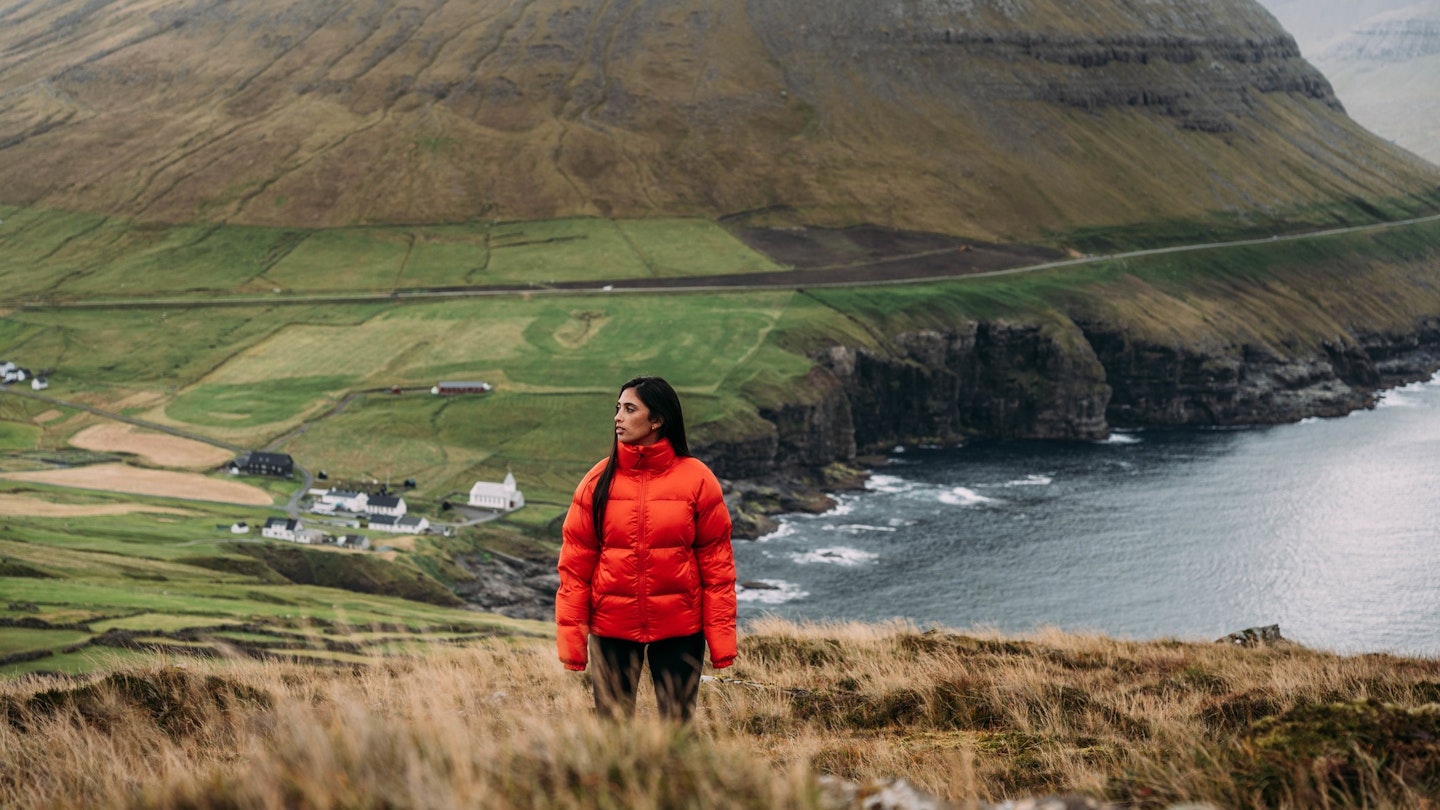Essential Tips for Planning Your Trip to the Faroe Islands
When Britain occupied the Faroe Islands during WWII, they nicknamed it the “Land of Maybe.” This name still rings true today, as the ever-changing weather can dictate your plans. Visitors must remain flexible and prepared for any weather events that may arise.
1. Plan on Staying for 3 to 5 Days at Least
It typically takes a minimum of two days to explore the main attractions across the 18 islands, not to mention the unique spots you may discover along the way. With good weather, most travelers find that a week or less provides ample time to explore, dine, hike, and drive the scenic, sheep-filled roads.

2. Rent a Car – Know the Rules of the Road
Renting a car provides the most efficient way to navigate the islands at your own pace. Familiarize yourself with driving rules, such as keeping headlights on at all times, driving slowly, and being prepared to pull over for faster vehicles. Additionally, refrain from using your phone or any electronic distractions while driving.
3. Plan Ahead
Timing is critical. To secure accommodations, it’s best to plan and book 3 to 6 months in advance. Many popular rental options can fill up quickly, especially during peak season from June to August. Ensure you also make reservations for popular restaurants, tours, and boat trips to avoid disappointment.
4. Pack Plenty of Layers
No matter the season, bringing waterproof hiking boots, woolen jumpers, and ample layers is essential. Weather can shift rapidly and is highly variable, so check forecasts in advance to pack appropriately.
5. Be Prepared for Anything
In the unpredictable Land of Maybe, expect the unexpected. Sheep on the roads are common, and storms can interrupt your views of puffins on Mykines. Maintaining a sense of humor, booking extra days if possible, and planning flexible itineraries with backup options will enhance your travel experience.

6. Hiking Preparedness
Always carry a physical map, snacks, a fully-charged phone, water, and the appropriate gear when hiking. Walk on designated paths to respect farmland and inform someone of your hiking route for safety purposes.
7. Venture Beyond Tórshavn
Tórshavn, the capital city, is charming, but the islands’ true beauty awaits beyond city limits. Take a trip outside the capital to visit stunning sights like the Gásadalur waterfall and the black sand beach at Tjornuvík.
8. Puffin Sightings Aren’t Guaranteed
Puffins are seasonal visitors, primarily found from April to September. The island of Mykines is renowned for puffin watching, though you can also view them at Gásadalur and Gjógv, or on boat trips to the Vestmanna bird cliffs.
9. Understanding Whaling Traditions
Whaling is a cultural tradition in the Faroe Islands, regulated and primarily for sustenance, not sport. Engaging locals in conversation about their customs and hunting practices can provide valuable insights into this noteworthy aspect of their culture.

10. Talk About Football
Soccer is a beloved sport on the islands, making it an excellent conversation starter with locals. Players represent the Faroe Islands in international competitions, highlighting national pride and interest in the sport.
11. Be Aware of Hiking Fees
Many hiking routes cross private lands, often requiring fees ranging from 100–500kr (with children typically free). Ensure you have cash or a card handy for access to these trails.
12. Daily Weather Checks
Regularly monitor the local weather forecasts, using various reliable sources to ensure you stay informed of current and changing conditions.
13. Purchase Alcohol at the Airport
Alcohol sales in the Faroe Islands are restricted to state-regulated shops, which are few and known for their high prices. Locals often purchase spirits duty-free at the airport upon arrival.
14. Protocol for Accidental Sheep Hits
With more sheep than people in the islands, encounters are likely. If you accidentally hit a sheep, contact the Faroese police at +298 351448 to report the incident, which allows the farmer to file for insurance without any penalties.
15. Medical Facilities
While the islands are safe, be prepared for medical needs. In emergencies, dial 112 for assistance. Hospitals in Tórshavn and two other locations provide first aid services, and if you are visiting from outside the Nordic countries, ensure you have adequate travel health insurance.




